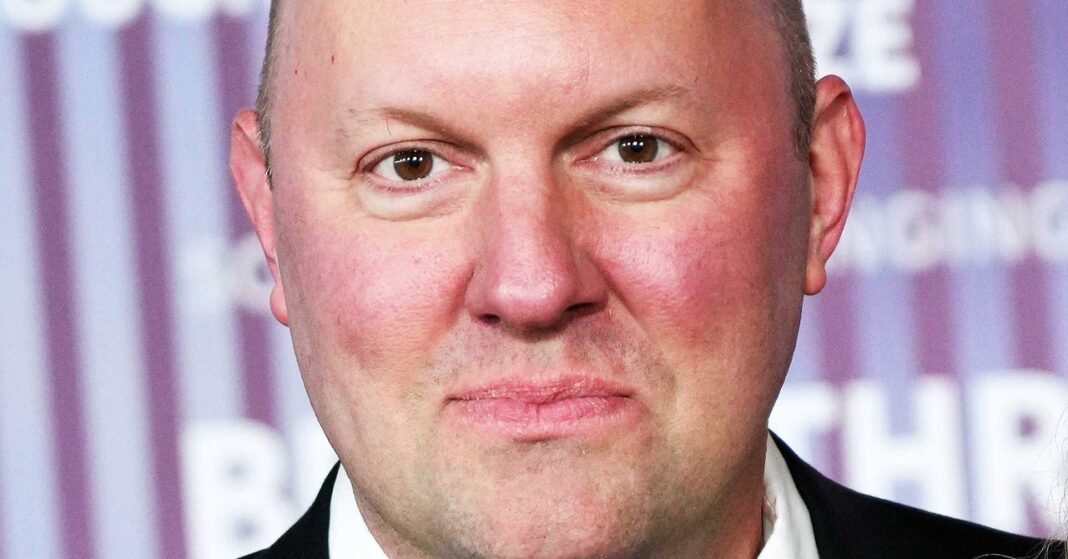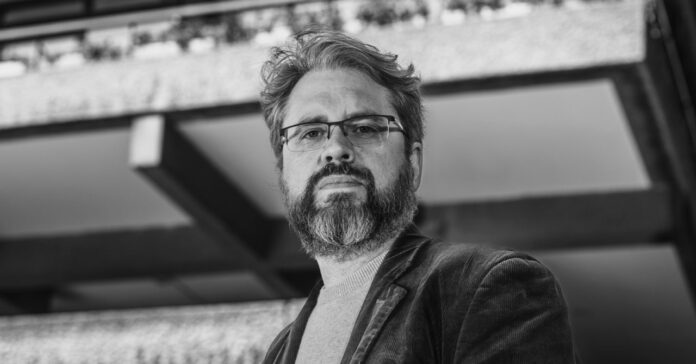In Short:
Venture capitalist Marc Andreessen, known for his manifesto against “tech ethics” and “trust and safety,” clarified his views on online content moderation. He expressed support for guardrails in his 9-year-old son’s online experience, advocating for a variety of approaches to content moderation. Andreessen emphasized the need for competition in the tech industry to prevent censorship and called for greater government investment in AI infrastructure.
In his polarizing “Techno-Optimist Manifesto” last year, venture capitalist Marc Andreessen listed a number of enemies to technological progress. Among them were “tech ethics” and “trust and safety,” a term used for work on online content moderation, which he said had been used to subject humanity to “a mass demoralization campaign” against new technologies such as artificial intelligence.
Public Criticism and Clarification
Marc Andreessen‘s declaration drew both public and quiet criticism from people working in those fields — including at Meta, where Andreessen is a board member. Critics saw his screed as misrepresenting their work to keep internet services safer.
On Wednesday, Marc Andreessen offered some clarification: When it comes to his 9-year-old son’s online life, he’s in favor of guardrails. “I want him to be able to sign up for internet services, and I want him to have like a Disneyland experience,” the investor said in an onstage conversation at a conference for Stanford University’s Human-Centered AI research institute.
Embracing Content Moderation
Contrary to how his manifesto may have read, Marc Andreessen went on to say he welcomes tech companies — and by extension their trust and safety teams — setting and enforcing rules for the type of content allowed on their services.
Fears and Solutions
What kind of content moderation does Marc Andreessen consider an enemy of progress? He explained that he fears two or three companies dominating cyberspace and becoming “conjoined” with the government in a way that makes certain restrictions universal, causing what he called “potent societal consequences” without specifying what those might be.
Encouraging Innovation
During a conversation with Fei-Fei Li, codirector of Stanford’s HAI, titled “Removing Impediments to a Robust AI Innovative Ecosystem,” Marc Andreessen repeated arguments he has made over the past year that slowing down development of AI through regulations would repeat what he sees as mistaken US retrenchment from investment in nuclear energy several decades ago.
For similar reasons, Marc Andreessen said he wants to see greater government investment in AI infrastructure and research and a freer rein given to AI experimentation.





